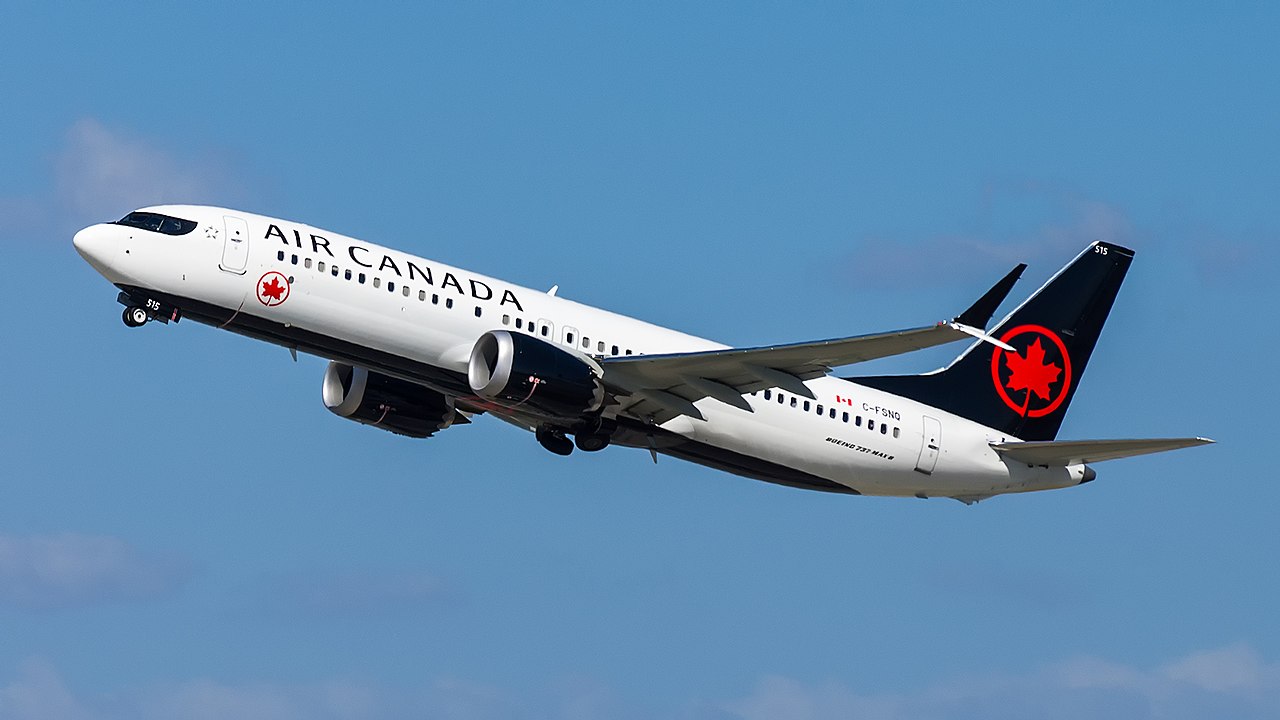On Sunday, September 15, the 5400 Air Canada pilots, lead by the Air Line Pilots Association (ALPA), may have finally received a tentative agreement worth their time. This comes after well over a year of negotiations between the union and the airline’s management, supposedly concerned with recognizing their workers’ contributions to one of North America’s most profitable carriers.
Their fight led to substantial results: pilots at Canada’s largest airline will be entitled to a 42% increase between 2023 and 2027, if they ratify the agreement in principle. This will bring pilots’ salaries into line with the cost of living, whereas they had risen by only 2% a year during the inflationary crisis.
A long face-off
The pilots, through ALPA, had begun calling for the renegotiation of their outdated 10-year contract in June of 2023, the contract itself coming to an end on Sept 29, 2023.
Over 100 full days of negotiation had ensued, during which on June 1st, 2024 98% of the ALPA membership voted a near 100% strike mandate should a strike be required.
The union demanded increased recognition of the value pilots bring to the company. In a February 2024 response to the airline’s 2023 reported near $4 billion profit, ALPA stated that “pilots at comparable airlines in the United States are paid 50–300 percent more than pilots in Canada.”
ALPA executive chair Charlene Hudy further stated: “Air Canada is one of the most profitable airlines in North America, but has yet to recognize the value of its pilots and compensate them accordingly.”

On August 27, 2024, pilots demonstrated their conviction in their own way by having over 2000 of their members picket at airports across the country. On this, ALPA stated that “pilots from Air Canada and other airlines showed their strength, unity, and resolve.”
The monopolistic company, which controls almost 45% of the Canadian air transport market, has described the workers’ repeated demands for their fair share of the immense profits they have helped generate as “excessive demands for compensation”. With assets valued at more than $30 billion, the company was trying to make itself look like the victim of 5,400 of Air Canada’s 35,700 workers.
Over the past two weeks, tens of thousands of Canadians had been waiting anxiously to find out if their flights would be cancelled. The airline, responsible for joining the furthest reaches of the country together by air, not unlike CN by rail, was on the brink of grinding passenger travel and cargo transport to a halt.
Air Canada’s management worked hard to provide cancellation solutions to its customers, preferring to keep them grounded rather than agree to the demands of its pilots. A September 12 Air Canada press release stated, “we are taking all measures to mitigate any impact”.
In stark contrast, ALPA and its members remained resolute in their desire to find a viable solution; their chair Charlene Hudy stated last August: “We want to reach an agreement with Air Canada to avert a strike, and although we made some progress in conciliation, management continues to force us closer to a strike position by not listening to our most pressing needs at the negotiating table regarding fair compensation, respectable retirement benefits, and quality-of-life improvements.”

